News
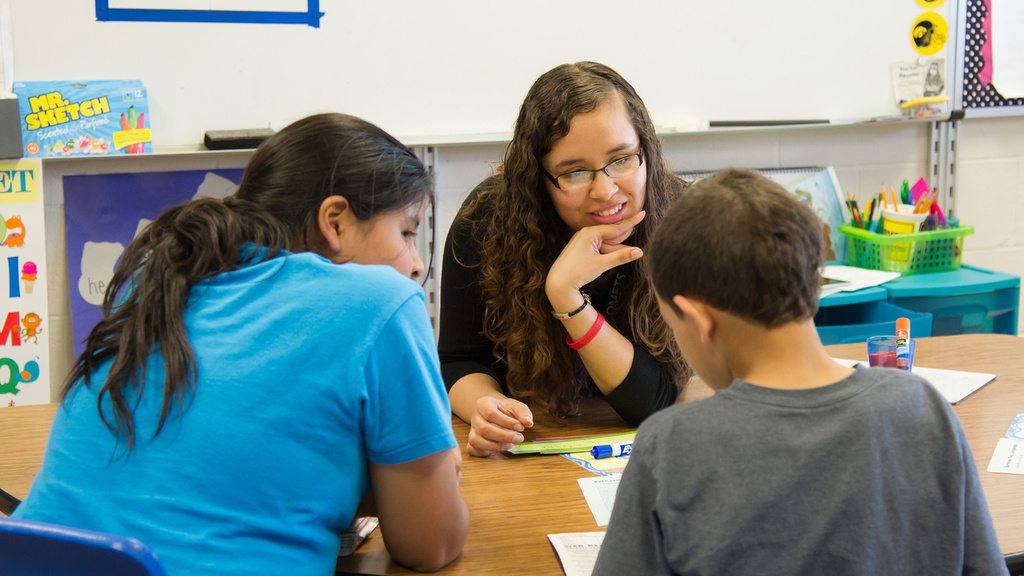
New National Translation Center Builds on UI's Strengths and Extends Reach
Thursday, September 8, 2022
Two Obermann Center–affiliated scholars have been awarded one of the largest amounts ever granted to a humanities project at the University of Iowa. Aron Aji, director of the MFA in Literary Translation, and Pam Wesely, an associate dean in the College of Education and professor of multilingual education, are the PIs for a Department of Education grant that totals more than $1 million. Aji co-directs the Obermann Working Group Translation across the Humanities and Wesely was a 2018 Fellow-in-Residence.
The four-year grant will allow the UI to launch a new National Resource Center (NRC) to advance translation and global literacy skills for K-16 students and educators, graduate students, and established scholars. It joins an elite group of NRCs at universities across the country and becomes the only one focused on translation. NRCs are language and area or international studies centers that serve as national resources for teaching any modern foreign language.
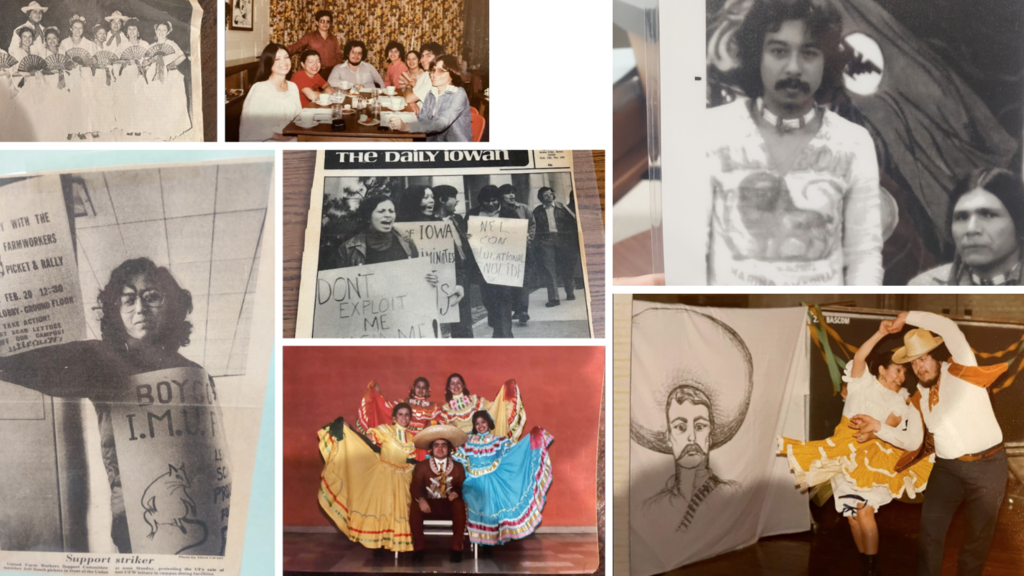
Recent Immigrant and PhD Student Thrives on Stories of UI's Latinx History
Friday, September 2, 2022
For Maria Leonor Márquez Ponce, a Humanities for the Public Good internship at the University of Iowa Libraries’ Special Collections and Archives is more than a summer gig—it’s also a way to connect with her own past and to find inspiration for her future. “Sometimes looking back at history can surprise you. You learn so much and you are inspired by it,” Márquez Ponce shared. Considering that she never believed that a college degree would be attainable for her, much less a PhD, she has found a deep connection to this project and the people whose stories she is sharing.
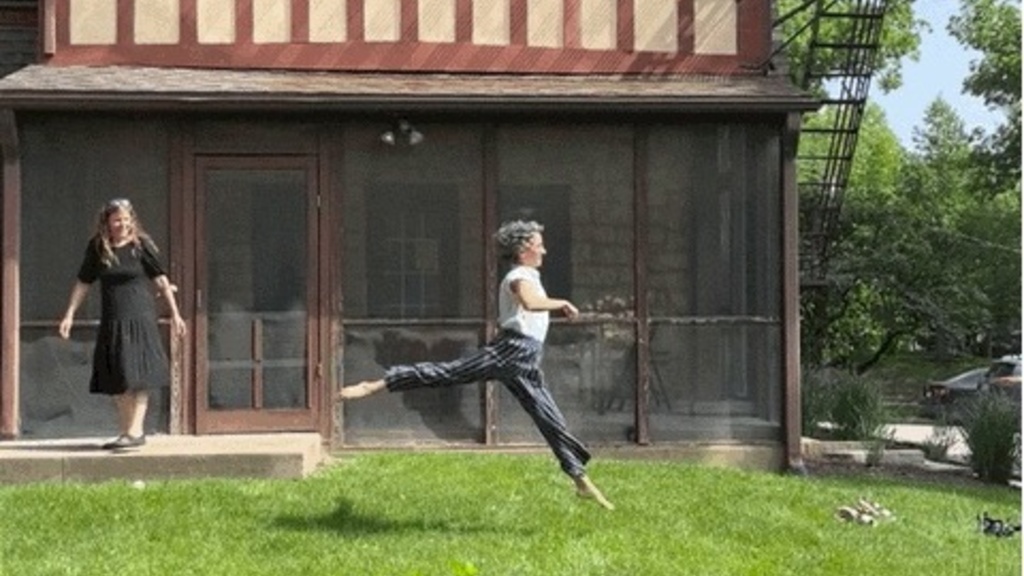
Imagining Latinidades Convenes Writing Retreat
Friday, June 24, 2022
This June, the Imagining Latinidades Mellon Sawyer Seminar gathered 10 faculty and graduate students in Latina/x/o studies at the Obermann Center. Participants from across the UI and local colleges came together to write and work in community and to craft dynamic lesson plans to share on the Imagining Latinidades website.
"Summertime often shows up as a moment for getting lots of writing and research done and, at the same time, for rest and replenishment," says co-organizer Naomi Greyser (American Studies, GWSS, English, UI). While those aims can feel contradictory at times, this retreat was filled with reflective immersion, stimulating workshops, time spent outdoors, shared meals, and much laughter.
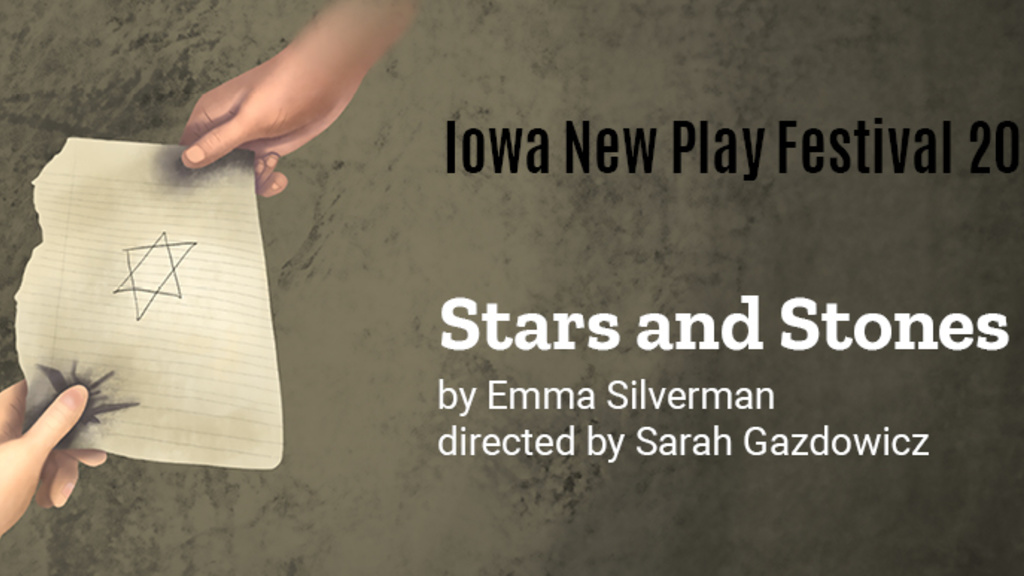
Seeking Memories in Poland: MFA playwright reckons with Holocaust memorialization
Thursday, April 28, 2022
As part of its support for the Anne Frank Tree Planting Ceremony, the Obermann Center provided funding to Emma Silverman, an MFA candidate in the UI Playwrights Workshop, toward completion of Silverman's thesis play. Emma performed an excerpt from Stars and Stones at the Tree Planting Ceremony last Friday. The play will be staged in its entirety this Thursday, May 5, 2022, as part of the UI's New Play Festival. (See ticketing details at the end of this article.)
Silverman is the recipient of a Marcus Bach Fellowship, an award given by the UI College of Liberal Arts and Sciences, to support the completion of an MFA project or doctoral dissertation, particularly work that fosters intercultural communication and/or the understanding of diverse philosophies and religious perspectives. Silverman intended to use the award toward direct research of Holocaust tourism.
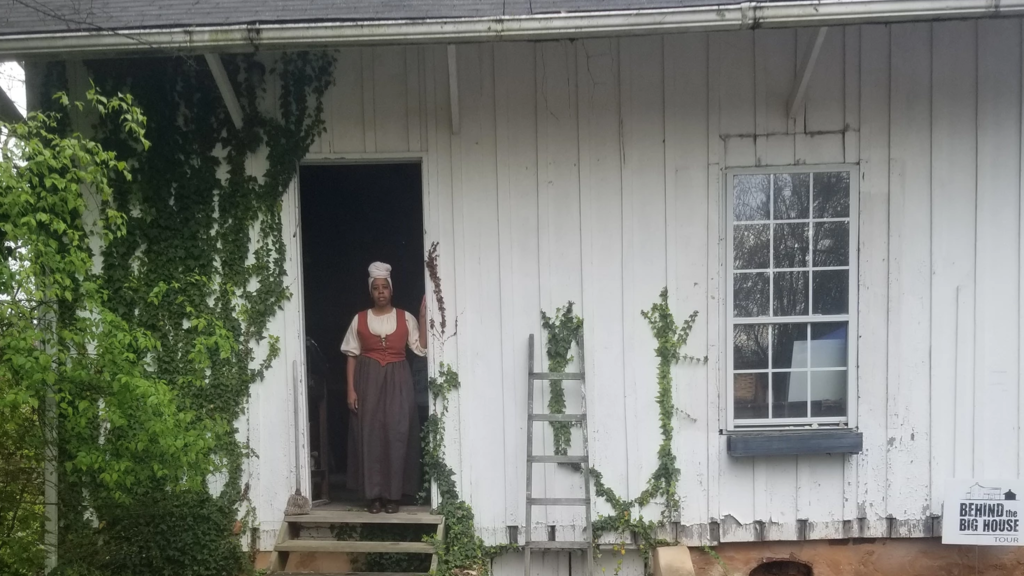
Scholar, Descendant, Collaborator: Jodi Skipper's new book explores slave dwelling project
Sunday, April 17, 2022
The words "slavery" and "tourism" don’t seem like they belong anywhere near each other. But a growing number of Americans of all races are eager to better understand our country’s complicated history by visiting places where difficult and often darkly violent events occurred. Ensuring that we, the touring populace, receive complete stories when we arrive at these spaces, a network of historians, anthropologists, and community activists are working against time to save the material remnants of the lived experience of enslaved people.
Among them is Jodi Skipper, a University of Mississippi professor of anthropology and southern studies. For the past decade, she has used tools as an archaeologist, scholar, teacher, and community member to widen and deepen the shared narratives of historic sites in the U.S. south. She has shared these experiences in a new book, Behind the Big House: Reconciling Slavery, Race, and Heritage in the U.S. South, just published by the University of Iowa Press.
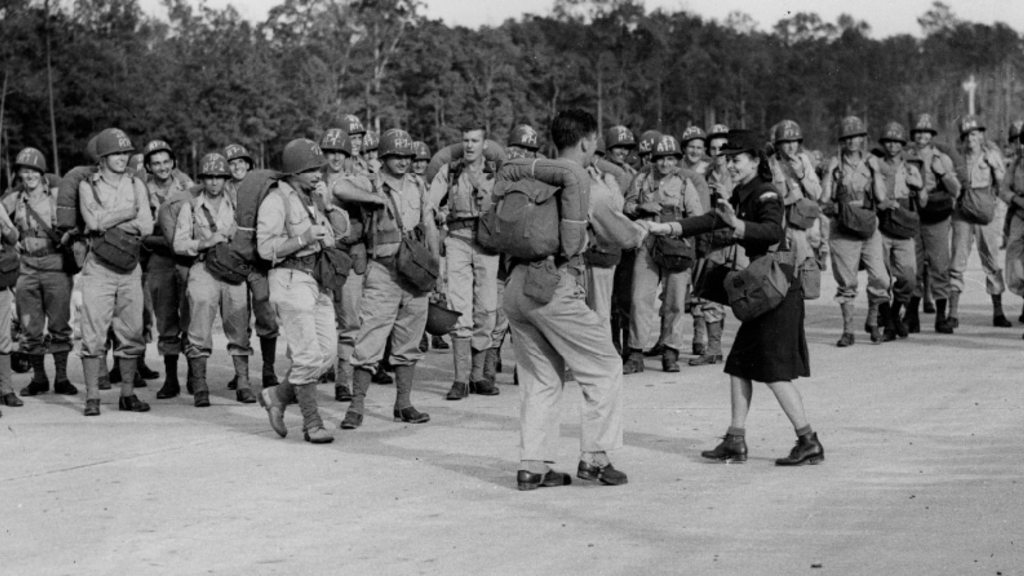
Dancing During War: Kowal Explores WWII Photo Archives
Thursday, April 7, 2022
“When we think about performance during World War Two, we think about USO shows and famous American performers like Bob Hope and Bette Davis,” says Rebekah Kowal, Spring 2022 Obermann Fellow-in-Residence. On the face of it, these performers were sent to overseas U.S. military camps to uplift soldiers’ spirits by providing a sense of home and “Americanness.” But there were many other forms of movement and performance that served other (rather overt) purposes, from displaying Western cultural dominance and exerting control over subjected people’s bodies to reintegrating the detained, creating a pathway to U.S. citizenship, and serving as a normalcy touchstone for the dancers.
Kowal (Dance, CLAS) is deep in research for a new book tentatively titled War Theatre: Dancing American Citizenship and Empire during World War II. After writing about the contribution of American modern dance to aesthetic and social change in the 1950s (How to Do Things with Dance: Performing Change in Postwar America [Wesleyan UP, 2010]) and about globalism and the performance of international dance in the U.S. after WWII (Dancing the World Smaller: Staging Globalism in Mid-Century America [Oxford, 2019]), she figured her next project would move away from the WWII era. But one sleepless night—“one of those bizarre moments during COVID,” she recalls—she pulled up the National Archives’ online catalog and started typing interesting keywords.
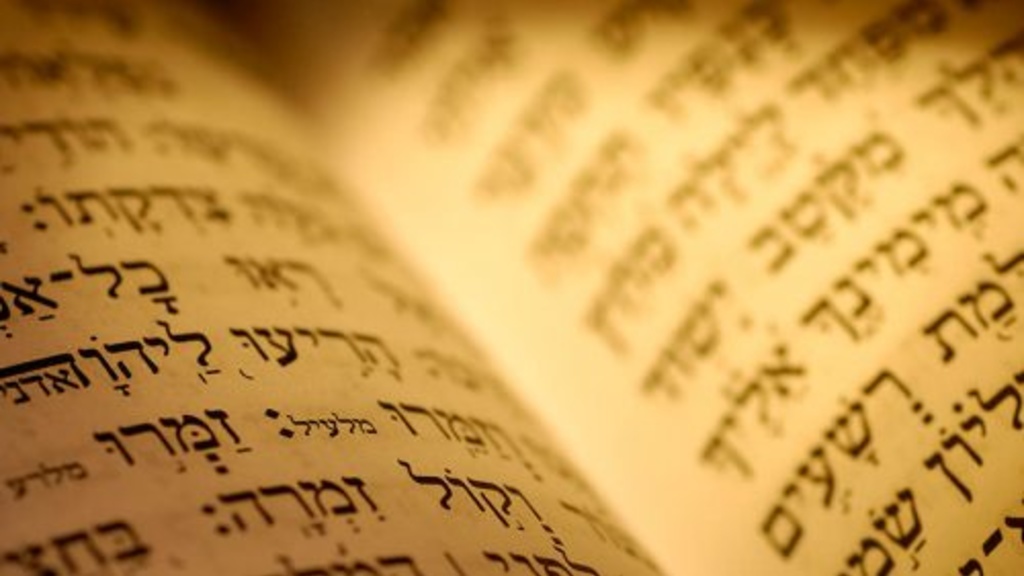
Working Group Spotlight: Jewish Studies
Monday, April 4, 2022
This is part of a series highlighting recently formed Obermann Center Working Groups. Lisa Heineman (History), co-director of the Jewish Studies Working Group with Ari Ariel (History), shared her responses. Thank you, Lisa! If you are interested in starting an Obermann Working Group for 2022-23, the application deadline is April 12.
Q. This is the first year of your Working Group. What led you to start it?
A: Iowa is the only Big 10 school without a Jewish Studies program. Yet Jewish Studies is an incredibly dynamic field of study, with real contemporary relevance—and we have many terrific teachers and scholars of Jewish Studies on our campus. We were hearing from students, alumni, and parents who made clear there was a demand for the field. We decided it was time to get together and think about how to have a more meaningful presence on campus.
Q. What kinds of people and from what disciplines are participating in your Group?
A. We have faculty members from History, International Studies, German, GWSS, Classics, Religious Studies, English, Translation, the Maggid Writing Center…. I hope I’m not forgetting anyone! We have emeriti and graduate students with important areas of expertise, and we have community members who play significant roles in Jewish life beyond our campus.
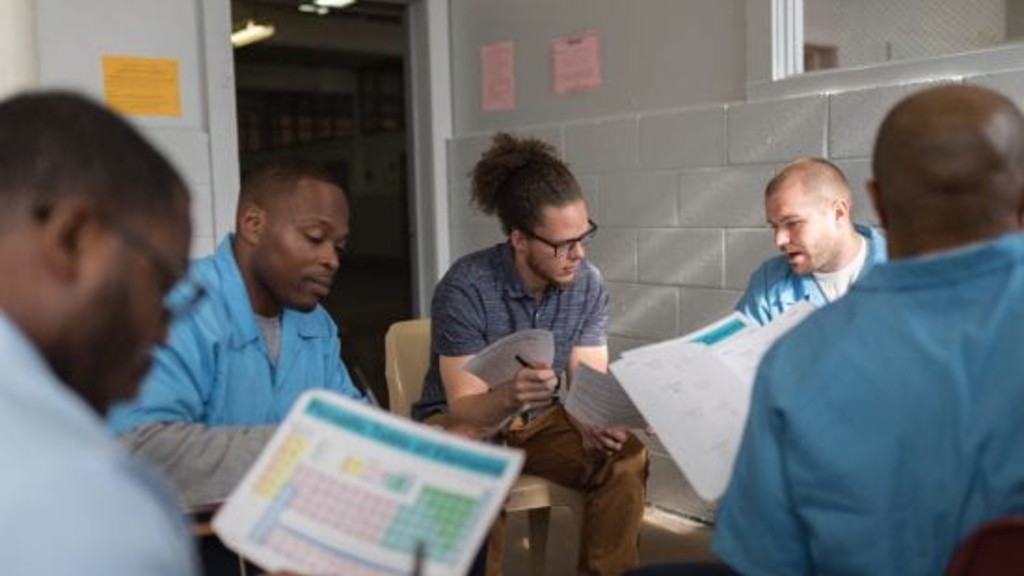
Working Group Spotlight: Transform(ED) Justice Collaboratory
Monday, March 21, 2022
In order to understand and amplify our Obermann Working Groups and their diverse activities, this spring we are spotlighting a number of newer groups. For this issue, we talk with Heather Erwin, who co-directs the Transform(ED) Justice Collaboratory group along with Daria Fisher-Page (Law).
Q: This is the first year of your Working Group. What led you to start it?
A: This working group evolved from the Liberal Arts Behind Bars (LABB) working group whose goal was to advance the work of serving incarcerated students. With the reinstatement of Pell grant eligibility for incarcerated students and the reimagining campus safety initiative on campus there are many opportunities to work toward building a campus community that prioritizes inclusivity and support for people impacted by the criminal legal system. The mission of the Transform(ED) Justice Collaboratory is to work toward abolition by building supportive communities, based on evidence created through research, and generating policy that creates necessary change.
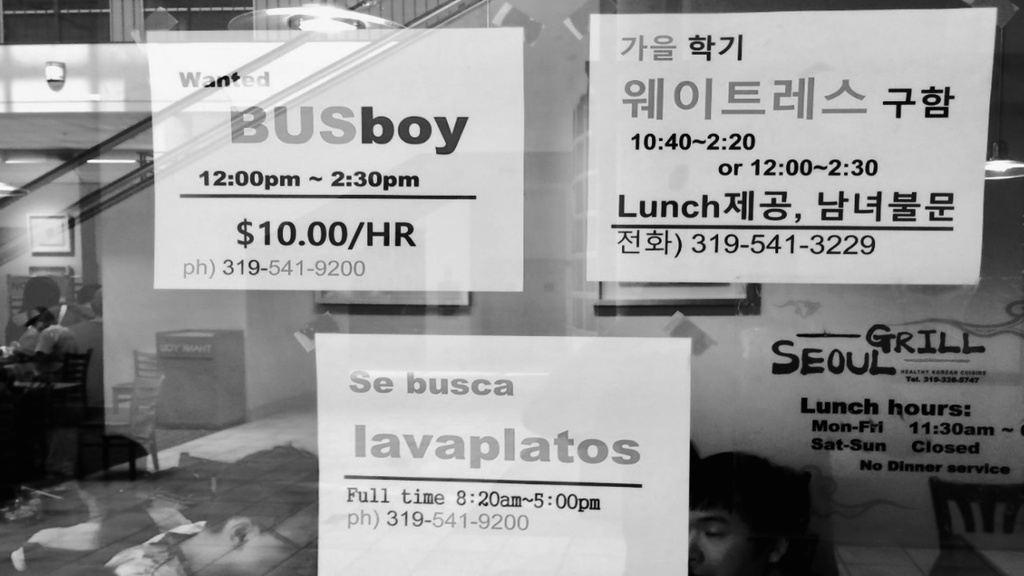
The Language of Social Justice: David Cassels Johnson explores educational language policies
Monday, March 7, 2022
A local restaurant posts a help wanted ad for a dishwasher in Spanish, while server positions are advertised in Hangul (Korean). A teacher encourages students to write in the language of their lived experience, using their multilingual resources. A government nullifies Anglicized words from formal communications. A parent tells her children she won’t tolerate violent language. Each of these is a form of language policy.
According to David Cassels Johnson, Associate Professor in the Teaching and Learning Department of the University of Iowa’s College of Education and a Spring 2022 Obermann Fellow-in-Residence, “Language policy is any policy that governs the structure, function, use, or education of language.” Each of us is living under numerous language policies. Some at the macro level are decided by institutions; others are created less officially by circles to which we belong. We even make language policies for ourselves when, for instance, we choose not to use some kinds of language or to amplify others.
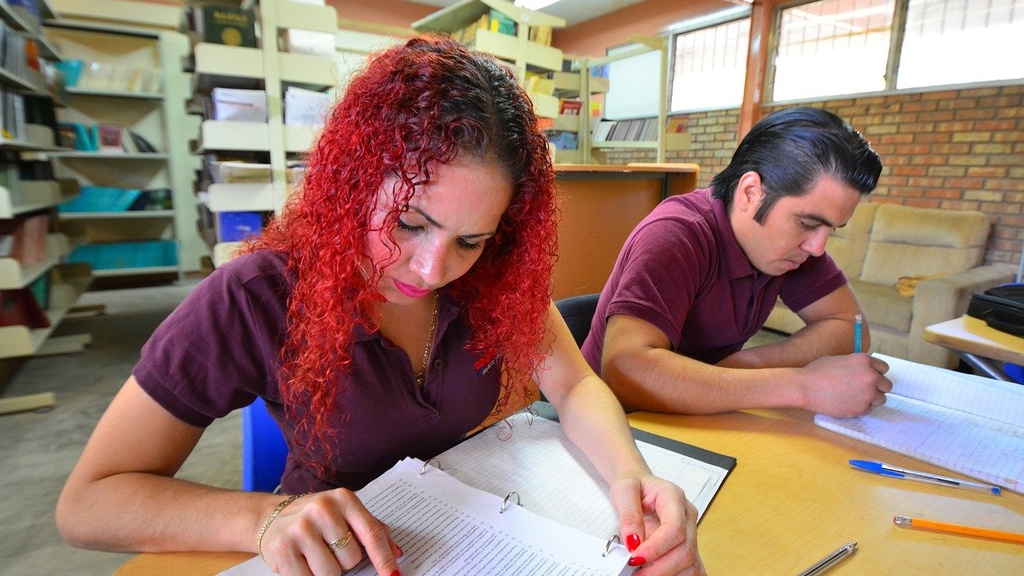
Working Group Spotlight: Spanish Heritage Speakers in the Classroom
Saturday, March 5, 2022
This spring, we're featuring a few of our newer Working Groups. As one of the most popular and largest Obermann Center programs, the Working Groups span a wide range of topics and have members who include emeriti faculty, lecturers, community members, and students, in addition to faculty from both the University of Iowa and other institutions. Here, we speak with Christine Shea (Spanish & Portuguese), who co-directs the Spanish and Heritage Speakers in the Classroom Working Group with Becky Gonzalez (Spanish & Portuguese).
Pagination